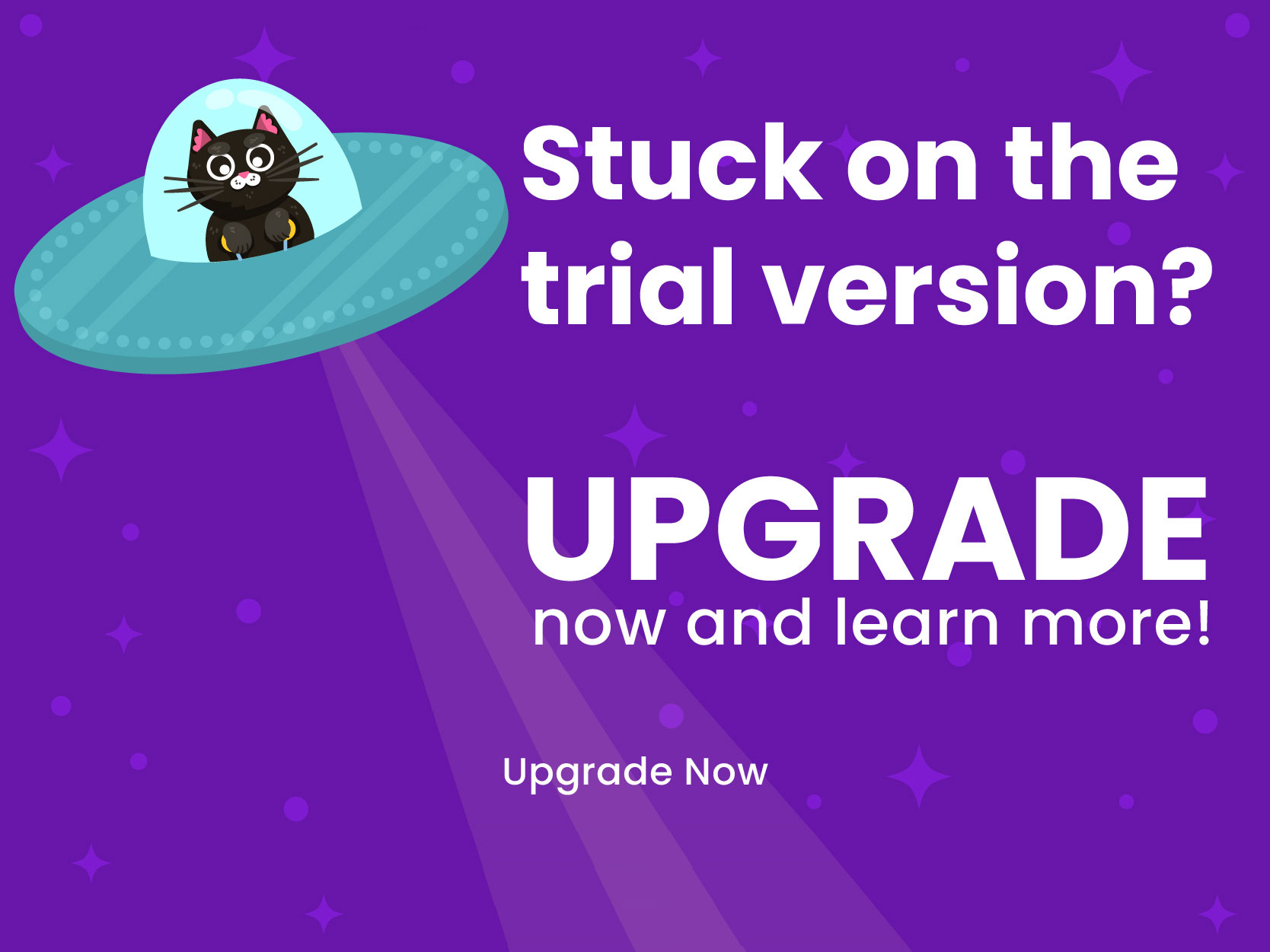PMP vs PRINCE2 – Which One to Choose?
PMP vs PRINCE2 – this is ‘THE comparison most soon-to-be-certified project managers look for. After all, certification can offer them an edge while applying for the 22 million new jobs that’ll be available in the next five years.
If you’re wondering about which of these credentials you should be opting for, don’t worry. The following lines will help you make your mind.
But First, Let’s Get You Acquainted with PMP
Offered by the Project Management Institute (PMI), the Project Management Professional (PMP) credential is the world’s leading project management certification.
With the latest additions to its guide, PMBOK 7, it testifies to your knowledge on predictive, agile, and hybrid project management approaches. It also offers its holders several benefits such as:
- A Competitive Salary – PMP certified project managers are offered better salary packages as compared to non-certified professionals. According to PMI, certified project managers receive 25% higher salaries than others.
- High Demand – Numerous studies are proving that PMP certified professionals can ensure high performance and the success of their projects. Therefore, organizations actively seek holders of this credential.
- Industry Recognition – PMP holders have the knowledge and skill to serve in any industry, anywhere in the world.
And Here’s a Brief Introduction to PRINCE2
PRINCE2 by Axelos is a generic and universal project management method. It comprises principles, processes, and themes that can help ensure the success of a project. That too regardless of its scale, type, organization, or culture.
If you’re considering PRINCE2 certification, here are some of the benefits you’ll be receiving.
- Enhanced Career Opportunities – PRINCE2 offers practical and technical knowledge that’ll ensure better implementation.
- Effective Collaboration – The project management method provides project managers with a common vocabulary, therefore streamlining communication between them.
- Management by Exception – One of the biggest benefits of the method is it applies ‘management by exception’. As a result, it provides efficient use of senior management time.
PMP vs PRINCE2: 5 Differences to Know
After quickly introducing both credentials, here’s a quick comparison between PMP and PRINCE2 with regards to five factors.
1) Approach to Project Management
There are multiple differences related to the approaches of each towards project management.
- Standard vs Method – PMP entails project management practices, tools, and techniques which makes it a Meanwhile, PRINCE2 is a method that offers comprehensive guidance on delivering a successful project.
- Descriptive vs Prescriptive – PMP entails several techniques such as how to develop schedules using the Critical Path Method, making it more descriptive. On the other hand, PRINCE2 is prescriptive as it tells you exactly what needs to be done. However, it refers to techniques without explaining them in detail.
- Project Success Criteria – PRINCE2 and PMP, both consider the scope, time, and cost as basic criteria for considering the success of failure of a project. However, PRINCE2 ensures achieving project benefits as a significant criterion.
- Project Lifecycle – PRINCE2 follows the concept of project stages. On the other hand, PMP defines concept phases but doesn’t detail any method for managing them.
2) Structure
PMP highlights ten knowledge areas as follows:
- Project Integration Management
- Project Scope Management
- Project Schedule Management
- Project Cost Management
- Project Quality Management
- Project Resource Management
- Project Communications Management
- Project Risk Management
- Project Procurement Management
- Project Stakeholder Management
On the other hand, PRINCE2 entails detailed information on seven principles, seven themes, and seven processes that can be altered as per a project’s needs.
|
Seven Principles |
Seven Themes | Seven Processes |
|
Continued Business Justification |
Business Case |
Starting Up A Project |
|
Learn From Experience |
Organization | Initiating A Project |
| Defined Roles and Responsibilities | Quality |
Directing A Project |
|
Manage by Stages: |
Plans | Controlling A Stage |
|
Manage by Exception |
Risk |
Managing Product Delivery |
| Focus on Products | Change |
Managing Stage Boundaries |
| Tailor to Suit Project Environment | Progress |
Closing A Project |
3) Role of Project Manager
PMP considers the project manager to be responsible for the success or failure pf a project. However, PRINCE2 holds the Project Board accountable for the results.
Surprised? Well, in PRINCE2, a project manager is responsible for executing a project step-by-step and for delivering results as per the authority provided by the Board.
4) Demand
One of the factors that can help you determine between PMP vs PRINCE2 is their demand in your country.
The PMP credential is mostly popular in North America, Australia, Switzerland, and some countries in the Middle East region.
Meanwhile, PRINCE2 originated in the UK and is therefore popular there along with several parts of Europe and Australia.
5) Certification Maintenance
PMI requires candidates to maintain their PMP certifications. The credential needs to be renewed every three years. For that, certification holders need to gain 60 professional development units (PDUs) by attending courses, participating in local events or sharing knowledge.
On the other hand, PRINCE2 certification holders don’t need to renew their certifications. That said, the PRINCE2® Practitioner credential is valid for only five years. To maintain the certificate, candidates need to pass the PRINCE2 re-registration examination before their certificates expire.
Still Wondering About PMP vs PRINCE2?
Our Training Advisors are just a call or email away from addressing any questions you have about these project management certifications.
Already made up your mind? Then enroll in one of our upcoming virtual instructor training sessions or get our PRINCE2 Foundation self-paced course.





